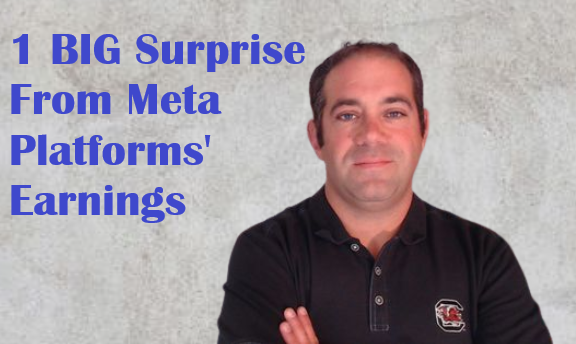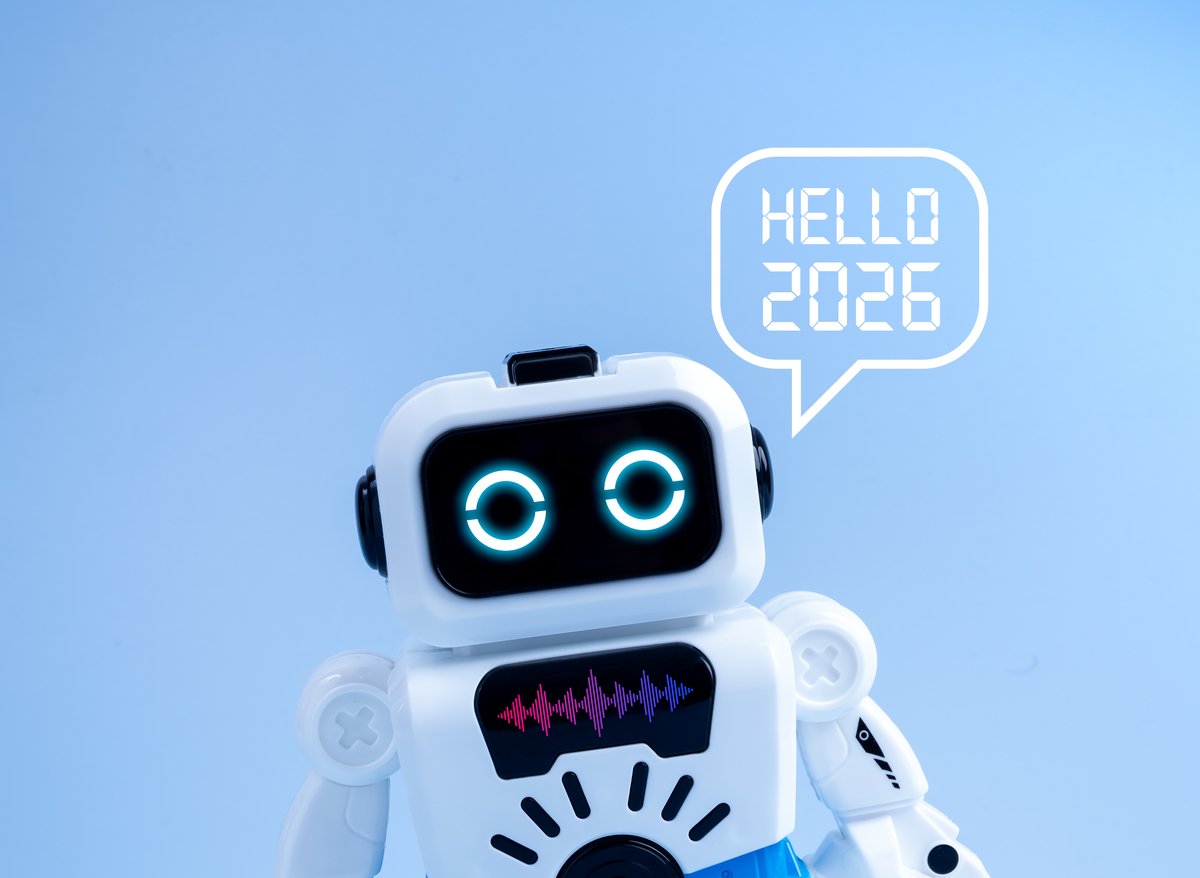Facebook (FB 1.34%) is assembling a new artificial intelligence research team in Paris. The new group will work with Facebook's existing Facebook AI Research (FAIR) teams in Menlo Park, Calif., and New York. This isn't the first time Facebook has courted top French researchers for its AI projects -- FAIR head Yann LeCun also comes from Paris.
Facebook's expansion into AI comes as many top minds are urging companies to take a more prudent approach in the field. Stephen Hawking warned that the rise of AI "could spell the end of the human race." Tesla Motors CEO Elon Musk expressed concerns that Google (GOOG +1.88%) (GOOGL +1.72%) CEO Larry Page might "produce something evil by accident." Microsoft (MSFT 1.52%) co-founder Bill Gates stated that within a few decades, AI will become "strong enough to be a concern."
Therefore, Facebook's interest in AI certainly isn't something to take lightly. But what exactly is Facebook cooking up, and should we be concerned?

Google/Boston Dynamics' Atlas. Source: Boston Dynamics.
Facebook wants to know everything
Unlike Google's Boston Dynamics -- which builds "advanced robots with remarkable behavior: mobility, agility, dexterity and speed" -- Facebook's AI projects don't include any frightening military-grade robots. Instead, FAIR develops tools for image recognition, speech recognition, natural language processing, real-time translation, machine learning, and other algorithmic tasks. These features can help Facebook improve engagement with existing products, add new features, and develop smarter products.
With image recognition, Facebook can identify pictures more clearly. The site can already identify people, but Google recently demonstrated with its Photos app that AI algorithms can also automatically identify animals, objects, and events. The better that technology gets, the more Facebook and Google can passively learn about their users, which gives them more data to craft targeted ads.
With the combination of speech recognition and real-time translation, Facebook could soon host real-time chats between people speaking different languages. Microsoft recently previewed this feature for Skype, which adds live subtitles to video chats. This technology can help Facebook remove borders between users in different countries. The social media company could also use speech recognition tools to gather additional user information from the videos that it's so eager to host. After all, Google can already do the same thing with automatically generated transcripts of YouTube videos.
Facebook wants to predict your future
If the idea of Facebook poring through your photos and videos to create your "advertising profile" makes you uneasy, you probably won't like how machine learning fits into this strategy.
One branch of machine learning, known as predictive analytics, fascinates Facebook, Google, Microsoft, Amazon.com (AMZN +1.60%), and IBM (IBM +2.62%). That's because predictive analytics lets them predict the future by analyzing data gathered through the cloud. For example, a predictive analytics service could help a retailer predict how gender, income, age, and professions impact purchases of different products.
Google's service is known as Prediction API. IBM's service is called Watson Analytics, Microsoft has Azure ML (machine learning), and Amazon uses Amazon ML. Thanks to these tech giants' bandwidth and processing power, predictions have become surprisingly cheap. Amazon charges just $0.10 for every batch of 1,000 predictions.
It's easy to see how this technology can benefit Facebook and its marketers. Facebook can predict whether ads will be clicked on and position them accordingly, which makes its ads more valuable. Meanwhile, that gold mine of personal data Facebook has collected from its users becomes a perfect database for predicting user behavior.

Source: Pixabay.
Will Facebook go too far?
Apple CEO Tim Cook recently slammed Facebook and Google for "gobbling up everything they can learn about you and trying to monetize it." Like many critics of Facebook and Google, Cook believes too many companies are luring users in with "free" products that cost personal information instead of money. That's what Facebook's AI efforts are clearly designed for -- to mine data more efficiently to deliver more valuable ads.
This wouldn't be the first time Facebook treated users as subjects of an experiment. Last year, the company admitted that it had conducted an "emotion experiment" on nearly 700,000 users in 2012 to see if exposing them to only positive or negative posts would "change their own posting behaviors." Facebook COO Sheryl Sandberg said the experiment was "part of ongoing research" that was merely "poorly communicated" with the public.
The true face of AI
Hawking, Musk, and Gates might be concerned about humans being exterminated by malevolent robots, but the near-term future of AI is much quieter. The main goal of AI today is to collect people's digital footprints and use them to predict how they will act in the future. Facebook has created the ideal model for building this AI, because its users are willingly handing over all that data on a daily basis.













